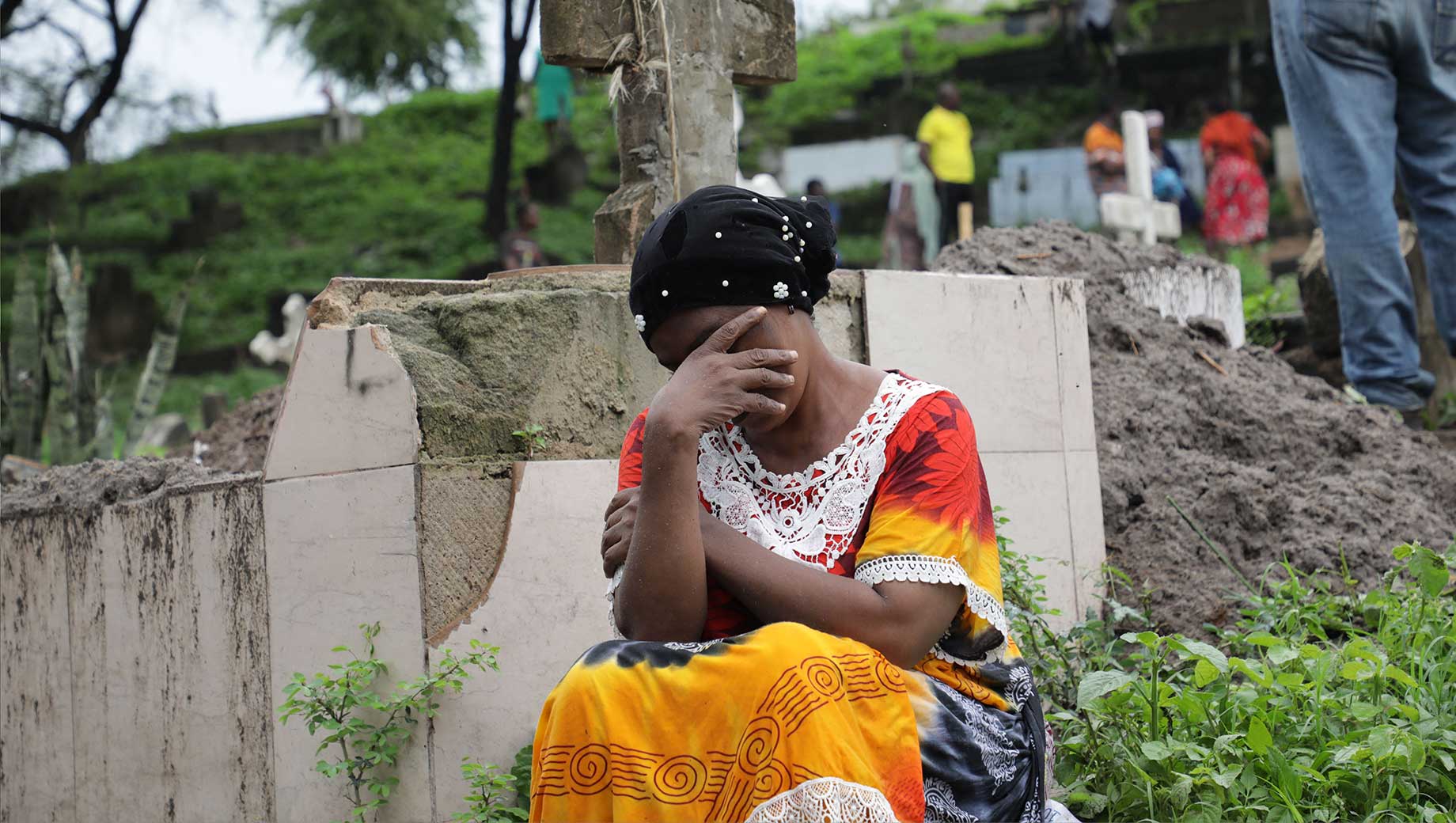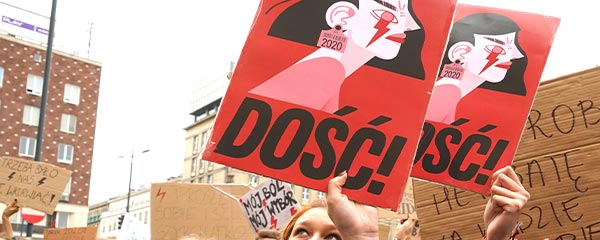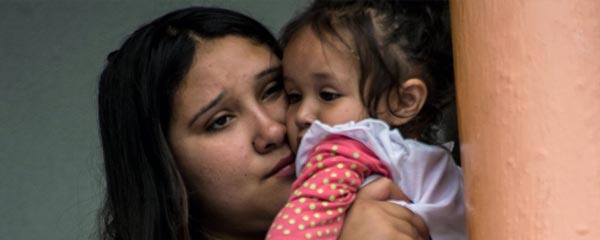A Conversation With Magali Rheault
Gallup's Regional Director for the World Poll in Sub-Saharan Africa
During times of crisis like a pandemic, challenges that existed before the crisis are only amplified. Is this true for women and girls in your region? Tell me about how women's lives were affected.
Rheault: Food insecurity and personal financial instability already represented significant challenges for women across sub-Saharan Africa, but the pandemic turned up the dial on these issues. The cost of staple foods -- palm oil just to name one -- increased significantly in many markets, while at the same time, many Africans lost their jobs or earned less money. This combination of a higher cost of living and reduced income made it even more taxing for women to make ends meet and keep their families housed, fed and healthy.
Reliable statistics are hard to come by, but domestic violence has been another significant challenge for women and girls during this prolonged stay-at-home period. When male authority figures lost their jobs, the combined stress of living in close quarters with fewer financial resources and easy access to alcohol translated into verbal, physical and sexual abuse for countless women.
In many communities, domestic-violence resources exist, but women are afraid to ask for help and fear retaliation. Raising awareness about women's right to speak up and fostering a positive environment to remove the shame many victims feel are essential steps to making progress on the scourge of domestic violence.
But even as they are facing these challenges, women in Africa are also stepping up. They often volunteer in the face of disasters such as floods, epidemics and wars. Can you talk about the roles that women and girls played in this pandemic?
Rheault: African women have been the drivers of adaptability within their families, communities and countries during the pandemic. From making do with leftovers in the pantry to being creative about cutting costs from the house budget and starting microbusinesses, African women have displayed tremendous ingenuity, resourcefulness and brilliance to deal with the impact of the pandemic. Such adaptability and a problem-solving mindset enabled women to find ways to earn a living and many set up their own microbusiness that addressed specific needs in their communities. Women not only took care of their children and their education, but they were also caregivers for older relatives.
Against this intense multitasking backdrop, many African women also participated in community life through volunteering. In fact, our World Poll data show a small increase in the percentage of women who say they volunteered their time to an organization in the month prior to the survey, 26% in 2021 versus 21% in 2019.
Tell me about some of the positive changes you are seeing for women -- if you are seeing any. What gives you hope?
Rheault: Throughout the region, gender roles are still viewed through a traditional lens, with women's domains limited to home, food and children. But the lens is shifting. For anyone who doubted African women's contributions within and outside the household, the pandemic presented women with a unique opportunity to showcase their resilience and adaptability and keep their families and communities strong.
I believe there is now greater awareness, not only among men and key stakeholders about the critical and multifaceted role these women have played in each country, but also among women themselves. Such awareness among women is what, I believe, will give them the courage to continue to break barriers and participate in all domains. The sense of pride of their accomplishments is palpable when I speak with women across the region. This is what gives me hope.
Lastly, when you look into the future, what part do you see women in your region playing in building a resilient world?
Rheault: Resilience comes from experiencing constant challenges and the need to develop practical and simple solutions. African women certainly have deep experience with a multitude of challenges. It is this cumulative experience that will serve as the foundation to prepare the next generations of African women and girls to face other large-scale issues, such as climate change.
Supporting women-owned initiatives and sharing knowledge via social media to show what women across communities in Africa and beyond do to solve issues will contribute to building a resilient world.
Read more stories about women around the world on our .




